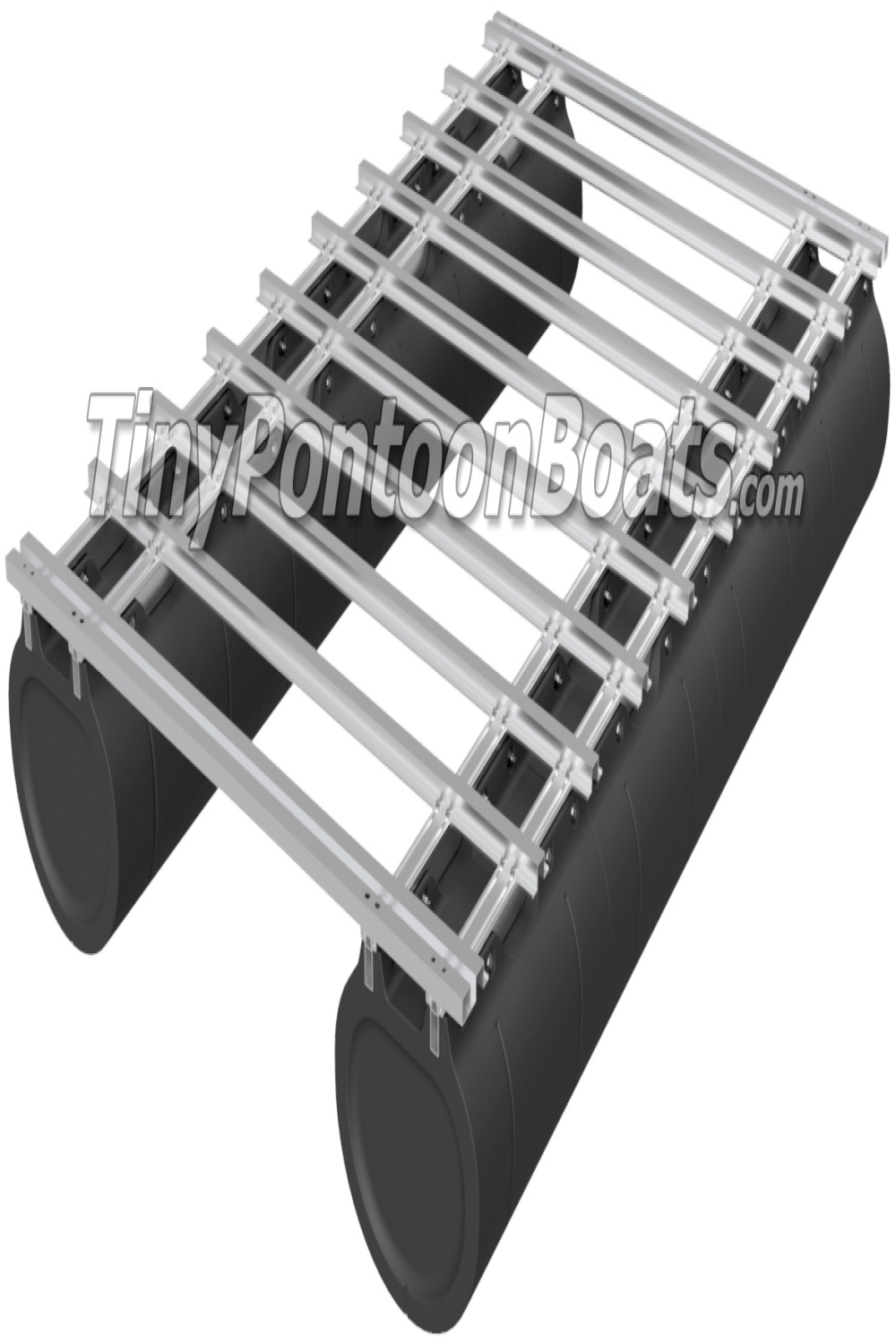Metal Pontoon Floats: Keeping Your Water Adventures Afloat
So, you’re thinking about building a dock, a floating platform, or maybe even a houseboat? One of the crucial elements you’ll need to consider is your choice of floats. And if you’re looking for something robust and long-lasting, metal pontoon floats might just be your perfect match. Let’s dive into what makes these floats a solid choice for your water-based projects.
Why Metal Pontoon Floats?

When it comes to durability, metal pontoon floats really shine. Unlike their plastic or concrete counterparts, metal floats are built to withstand the elements. They can handle the wear and tear of constant water exposure, fluctuating temperatures, and even the occasional bump or scrape. Think of them as the workhorses of the floating world.
Types of Metal Used
Typically, these floats are constructed from either aluminum or steel. Aluminum is a popular choice because it’s lightweight yet strong and naturally resistant to corrosion. This makes it ideal for freshwater applications. Steel, on the other hand, is known for its immense strength and is often used in saltwater environments where extra durability is needed. However, steel does require proper coatings and treatments to prevent rusting.
Construction and Design
The design of metal pontoon floats is also a key factor in their performance. They usually consist of a sealed, watertight chamber that provides buoyancy. The shape and size of the float will depend on the weight it needs to support and the specific application. For example, a large dock will require larger and more numerous floats than a small floating platform.
Advantages of Metal Pontoon Floats
Durability: As mentioned, metal floats are incredibly durable and can last for many years with proper maintenance. They can handle rough conditions and are less prone to damage than other types of floats.
Considerations and Maintenance
While metal pontoon floats offer many advantages, there are a few things to keep in mind. Steel floats, in particular, require regular maintenance to prevent corrosion. This may involve periodic inspections, cleaning, and the application of protective coatings. Aluminum floats, while more corrosion-resistant, may still require occasional cleaning to remove marine growth.
Applications
Metal pontoon floats are incredibly versatile and can be used in a variety of applications, including:
Docks and piers
Choosing the Right Metal Pontoon Floats
When selecting metal pontoon floats, it’s essential to consider the specific requirements of your project. Factors such as the weight capacity, water conditions, and desired lifespan will influence your choice. It’s also crucial to work with a reputable supplier who can provide high-quality floats and expert advice.
The Long Haul of Metal Floats
In summary, metal pontoon floats provide a durable and reliable solution for a wide range of water-based applications. Their strength, buoyancy, and customization options make them a popular choice for those seeking a long-lasting and stable floating platform. Whether you’re building a simple dock or a complex floating structure, metal floats can provide the support you need.
Conclusion
Ultimately, investing in quality metal pontoon floats means investing in the longevity and stability of your water projects. While they might require a bit more upfront investment and maintenance, the long-term benefits are undeniable. They’re built to last, offering a reliable foundation for your aquatic adventures and practical needs. If you’re serious about your waterfront setup, these floats are a solid, dependable choice.
FAQs
What is the lifespan of metal pontoon floats?
The lifespan of metal pontoon floats can vary depending on the type of metal used and the maintenance performed. Aluminum floats can last for decades with minimal maintenance, while steel floats may require more frequent upkeep to prevent corrosion.
Are metal pontoon floats suitable for saltwater?
Yes, steel pontoon floats are commonly used in saltwater environments due to their strength. However, they require proper coatings and treatments to prevent rusting. Aluminum floats are generally better suited for freshwater applications.
Can metal pontoon floats be customized?
Absolutely. Metal floats can be custom-designed and fabricated to meet specific requirements, allowing for greater flexibility in terms of size, shape, and load capacity.
What is the weight capacity of metal pontoon floats?
The weight capacity of metal pontoon floats will depend on their size and design. Larger and more numerous floats can support heavier loads. It is very important to get the correct size pontoon floats.
How do I maintain metal pontoon floats?
Maintenance for metal pontoon floats typically involves periodic inspections, cleaning, and the application of protective coatings. Steel floats require more frequent maintenance to prevent corrosion, while aluminum floats require less.